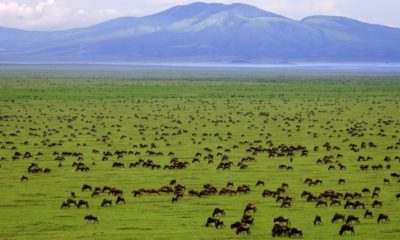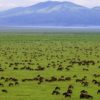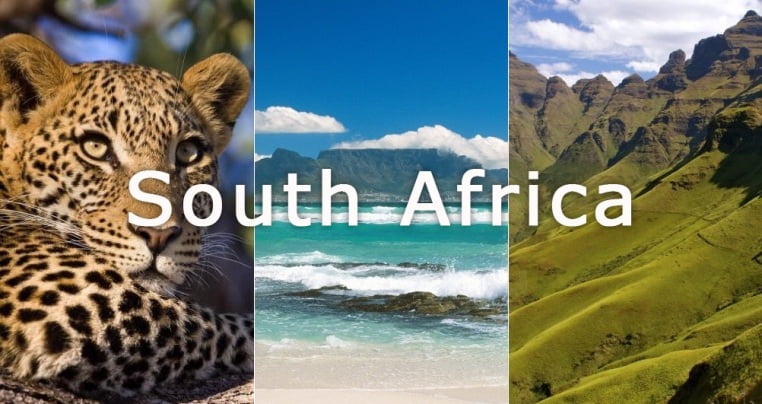Africa
Backpacking Egypt Need To Know
Basics
Languages:
Capital:
Currency:
| Dial Code:
International Access Code:
Emergency Services Number:
Time Difference:
|
Recommended For Further Information On Egypt
Lonely Planet Egypt
The below is a very basic guide. If you are heading to Egypt I highly recommend picking up a copy of Lonely Planet’s; Egypt. It provides the most relevant, up-to-date advice on what to see, do and skip, plus where to eat and sleep…

Entry
Most visitors require a tourist visa. For visits of up to 30 days, you can get a visa on arrival by payment in Sterling, US Dollars or Euros; the visa fee is the equivalent of US$25 at approved bank kiosks within airport arrival halls, before reaching immigration counters. Alternatively you can get a visa from an Egyptian Consulate outside Egypt before you travel.
British nationals (and nationals of some other selected countries) travelling to Sharm el Sheikh, Dahab, Nuweiba and Taba resorts for up to 15 days receive a free entry permission stamp upon arrival. If you intend to travel out of these areas or stay longer than 15 days, you must get a visa.
Yellow fever vaccination is required for travellers arriving from countries with risk of yellow fever transmission.
Your passport should be valid for a minimum period of 6 months from the date of entry into Egypt.
For official information visit your home government travel bureau.
Getting Around
More detail is to come in this section, but you can read about general advice regarding Getting Around When You Get There
Accommodation
Egypt has hostels in major cities and tourist areas for around E£35-70 (£3-6) per night. Hotels are also relatively cheap, but vary in quality.
Read more about Accommodation When You Get There and Living in Hostels
Food And Health
Food hygiene and safety is improving, but isn’t up to Western standards. Use your instincts; if the place looks dirty, don’t eat there; if your food isn’t piping hot, don’t eat it.
Water is not safe to drink, so stick to bottled or boil.
Medical facilities outside Cairo and other major cities and resorts can be basic and in case of emergency you are advised to seek treatment in Cairo or the nearest urban centre. Make sure you have adequate travel health insurance and accessible funds to cover the cost of any medical treatment abroad and repatriation.
Always contact your GP around 8 weeks before your trip to check whether you need any vaccinations or other preventive measures. Visit here for Recommended Vaccinations and read here for more about Travelling Health In General
Weather & Time To Go
Large parts of Egypt are essentially desert. The summers are hot and the winters are moderately warm; it is dry throughout the year, other than occasional thunderstorms. November through to March is the most comfortable period to travel in Egypt.
Communications
Internet is generally slow, but accessible in most towns, hotels and hostels. International calling cards are cheaply available in large towns.
Dangers And Considerations
Travel bureaus advise against travel to large parts of Egypt due to the significant increase in criminal activity and continued terrorist attacks, so always check with your foreign office (British Foreign Office webpage) or travel advice bureau before you travel for the latest information regarding your destinations safety.
Protests are common, you should avoid all public gatherings and mass demonstrations, as they usually turn violent.
Possession, use or trafficking in illegal drugs is a serious offence and can, even for small amounts, lead to lengthy prison sentences (25 years), life imprisonment or the death penalty.
Drinking alcohol in the street and anywhere other than a licensed restaurant or bar is not allowed and can lead to arrest.
Photography of or near military official installations is strictly prohibited. This includes the Suez Canal.
Homosexual acts in public are illegal and homosexuals have been convicted for breaching laws on public decency.
If you are considering diving or snorkelling in any of the Red Sea resorts be aware that safety standards of diving operators can vary considerably.
Read more about Safety And Security here
Respecting Culture
Egypt is predominantly an Islamic country. Respect local traditions, customs, laws and religions at all times and be aware of your actions to ensure that they do not offend other cultures or religious beliefs.
Encouraging conversion to the Christian faith is illegal.
You should avoid discussing or associating with any activity that could be construed as political.
Tipping is very common and you will usually be asked for a tip for any form of service. The typical tip for minor services is 50pt to E£1.







